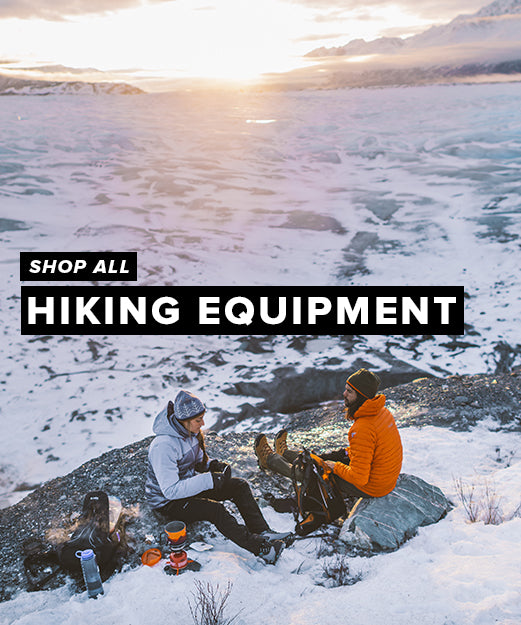With the days getting shorter and the nights drawing in we are all the more likely to end up navigating in the dark through the autumn and winter months. In this article for Simply Hike I want to give you some top tips for navigating at night.

Carry a good head torch
Mountain Rescue teams across the country will receive an increase in the number of callouts once the clocks go back as people get caught out by the dark without having a torch with them. Make sure you have a good quality head torch and a spare set of batteries in your rucksack so that you can cope once the sun goes down.
Break your navigation legs down to small sections
As you lose the light you can make life easier for yourself by bringing your navigation tick features closer together. Make sure that you know where you are and always have something to walk to. The closer the next tick feature is the better at night, that way if you don’t find it you can go back to the last one and have another go. I try and keep my tick features about 200m apart at night.
Be good at following bearings
The use of a compass is an essential skill when navigating in poor visibility. Make sure you are happy with taking and following bearings and keep your compass handy. Store it away from your mobile phone to avoid the phone reversing the polarity of your compass.
Use pacing rather than timing
When you are navigating at night you need to be as accurate as you can possibly be. This is true when measuring distance from the map and then when translating that distance onto the ground so be disciplined with yourself. Pacing is more accurate than timing as a strategy for measuring distance on the ground so make sure you know how many paces you take in a 100m section and how to adjust that for ascents and descents.
A red light aids night vision
Your night vision is useful to you for reading the lie of the land and interpreting the contours. You will quickly destroy your night vision by reading your map with your headtorch on full beam so use a red light for reading your map to preserve your night vision. Some torches will automatically adjust their beam strength dependant upon how far you are looking and that can be helpful
Don’t look down at the map...
...and walk at the same time - you will fall over or into something. Whenever your are reading your map, stop and stand still. I have seen several very wet walkers after they made the mistake of reading a map on the move at night and found a stream or pond along the way!
Practise your skills beforehand
Poor visibility skills can easily be practised during the day so make sure your skills are sharp before you need them for real.
 NEW!! Free UK Delivery
NEW!! Free UK Delivery Hassle-Free Returns
Hassle-Free Returns Clearpay
Clearpay









